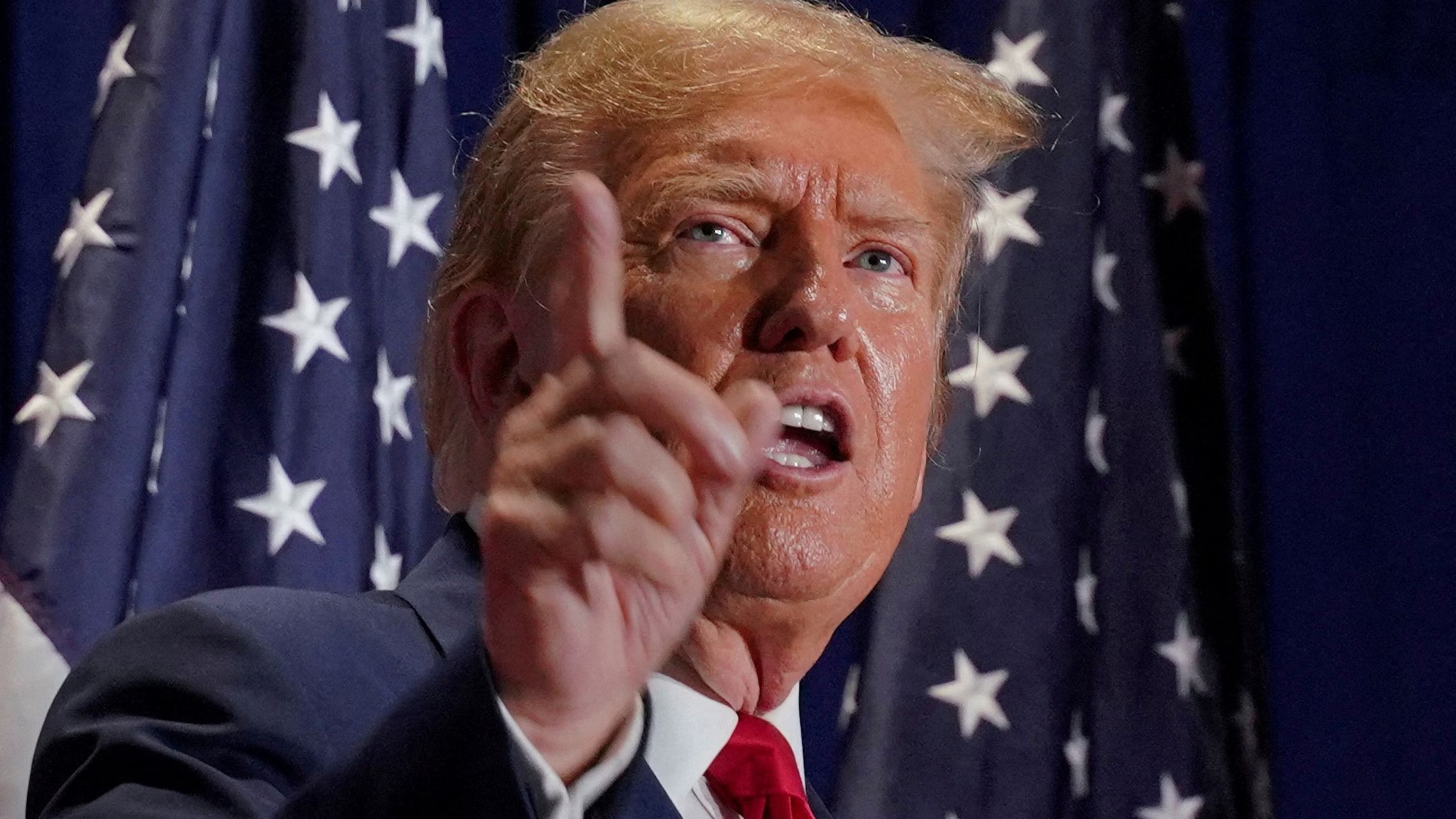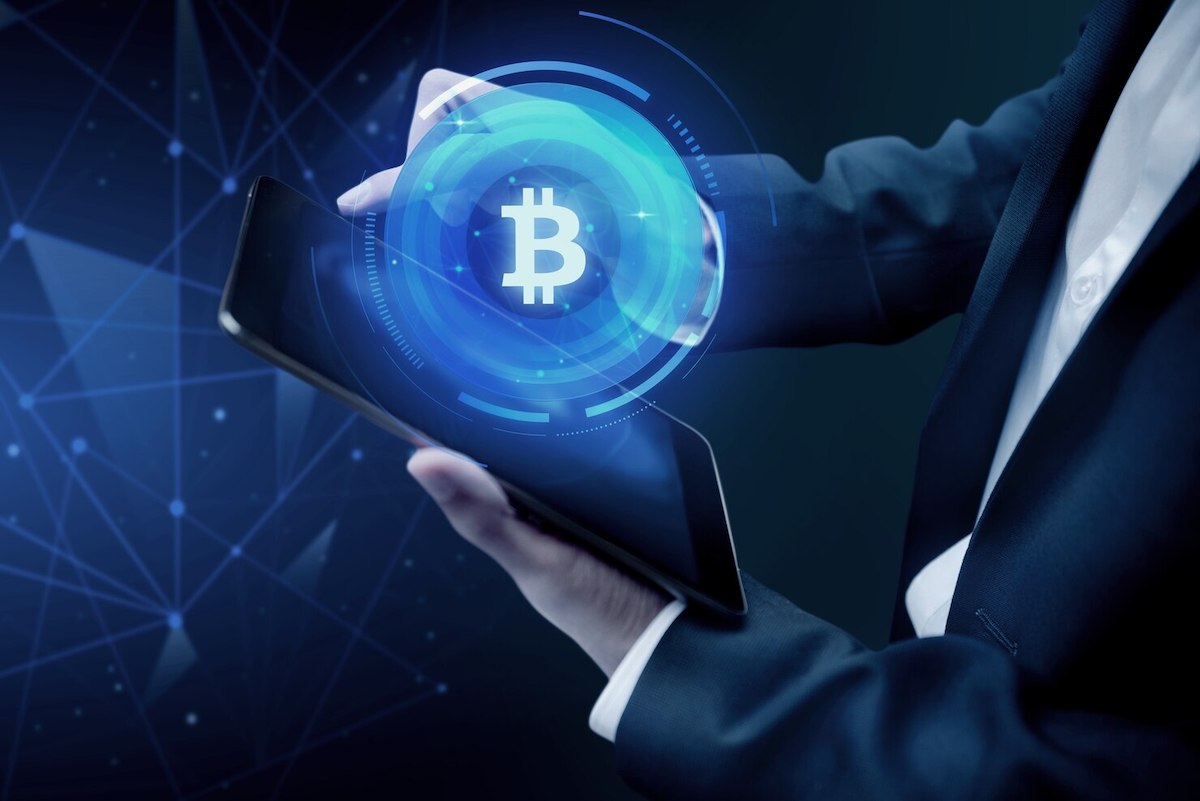Despite various innovative protocols operating on the Bitcoin network, none have sustained transaction volumes to match the original Bitcoin over an extended period. New data reveals that these protocols, while initially promising, often experience a significant drop in activity following their initial launch.
The Rise and Decline of Bitcoin Runes
Since its inception on April 20, the Bitcoin Runes protocol initially consumed the highest bandwidth on the Bitcoin network, outperforming others by a significant margin. It accounted for more than 50% of the network’s transactions on 13 different days. However, this high level of activity has not been sustained, with no recurrence of this peak in the past four weeks.
As the initial hype around Runes faded, Bitcoin quickly reclaimed its position as the dominant force on the network, currently accounting for 90% of all transactions. Although Runes still leads among Bitcoin-based protocols with 7.9% of transactions as of July 17, its influence is diminishing. Other protocols such as BRC-20 and Ordinals hold much smaller shares, at 1.1% and 0.4% respectively.
Transaction Trends and Market Impact
Runes’ significant early impact included boosting Bitcoin miners’ earnings, contributing over 2,540 BTC in just three months. However, this contribution has sharply declined, with only 41 BTC in fees generated in the month following its peak, reflecting a drastic change in investor sentiment and decreasing interest in Bitcoin-based non-fungible tokens (NFTs).
Pseudonymous decentralized finance (DeFi) researcher Ignas commented on the situation, suggesting that the real opportunity for Bitcoin Runes might emerge after the initial wave of investor hype has settled. “Runestone, RSIC, and PUPS are already pumping, promising holders shiny new Rune token airdrops. But, like the NFT frenzy post-JPEG reveal, the market could soon cool off,” Ignas noted on X.
Rich Rines, a Core DAO contributor focused on building Bitcoin DeFi solutions, views Bitcoin Runes and BRC-20 tokens as potential stepping stones in the evolution of Bitcoin-native decentralized finance. He elaborated on the transformative journey of Bitcoin, “Starting as a peer-to-peer electronic cash system, then morphing into a store of value, and now protecting $1.5 trillion of wealth. The desire to add more utility to the underlying Bitcoin has been evident through the rise of Ordinals, BRC-20s, and now Runes.”
| Date | Bitcoin % | Runes % | BRC-20 % | Ordinals % |
|---|---|---|---|---|
| April 20 | 10% | 50%+ | <1% | <1% |
| July 17 | 90% | 7.9% | 1.1% | 0.4% |
The trajectory of the Bitcoin Runes protocol exemplifies the volatile nature of new entrants on the Bitcoin network. While they can initially capture significant attention and transaction volume, sustaining this interest poses a substantial challenge. The broader implications for Bitcoin’s evolution into DeFi and beyond continue to unfold, guided by innovative protocols and shifting market dynamics.










